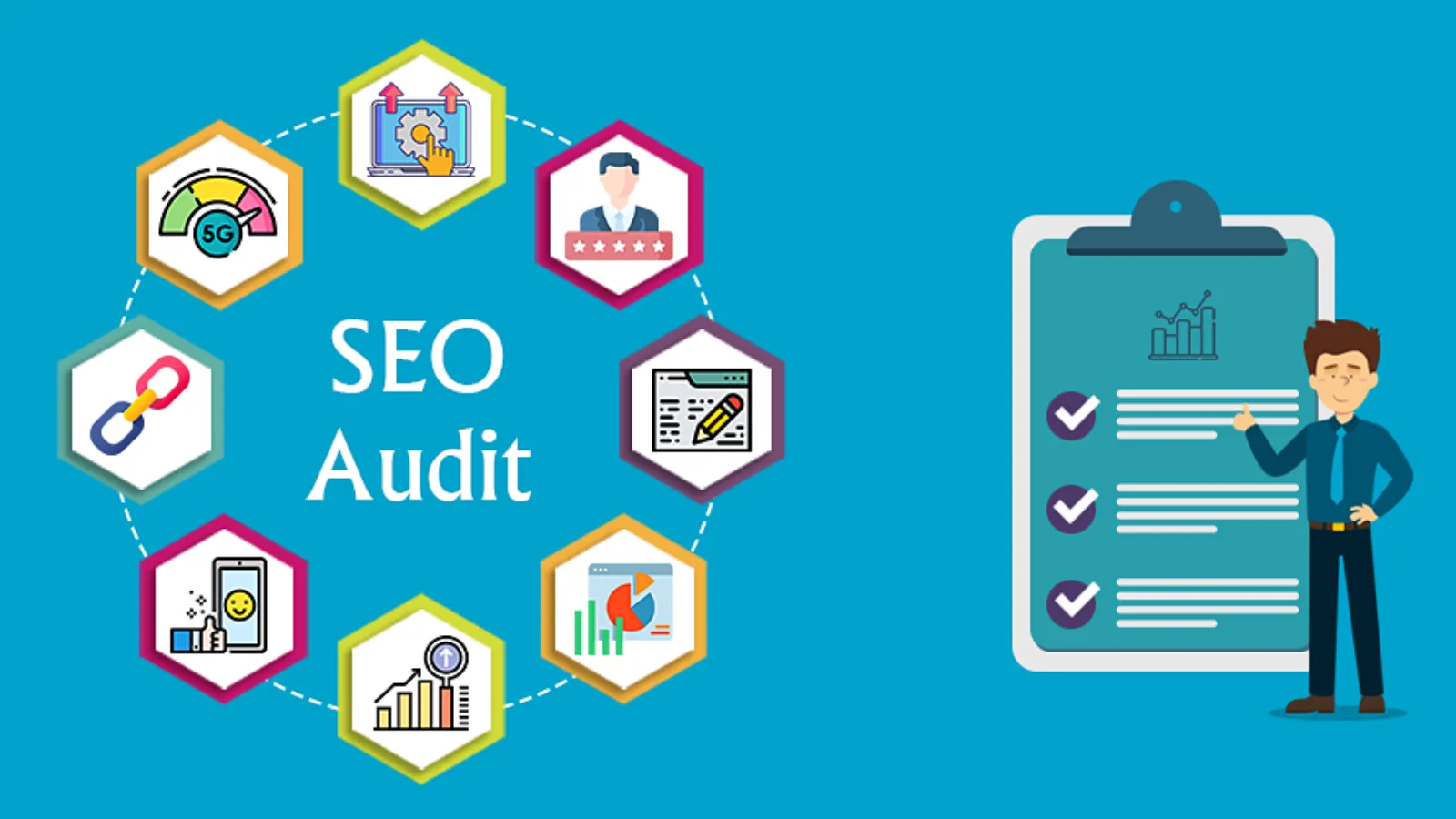Search engines rely on hundreds of signals to rank websites. A comprehensive SEO audit identifies technical, content-based, and authority-related issues that affect visibility. Addressing these factors systematically is the fastest way to improve rankings. Skipping this step often leads to inefficient or misaligned optimization efforts.
An SEO audit exposes what is helping or hurting site performance. Without it, optimization efforts rely on assumptions instead of actionable data. This approach supports long-term improvements in search visibility, organic traffic, and conversion rates.
Plant Powered Marketing brings direct experience optimizing regional and national sites using audit-driven strategies. This article outlines why audits matter, what they include, and how to use the insights to make informed decisions.
What a Comprehensive SEO Audit Covers
Each audit phase contributes distinct insights. Together, they show how search engines see a site and where improvements are most impactful.
Audit Focus Areas
| Area | What It Covers | Why It Matters |
|---|---|---|
| Technical SEO | Site speed, mobile-friendliness, indexation, crawl errors, HTTPS status | Technical flaws block search engines from accessing content |
| On-page SEO | Meta tags, headings, content relevance, keyword placement | Aligns page-level signals with search queries |
| Content Quality | Thin content, duplication, freshness, semantic structure | Influences engagement and perceived topical authority |
| Backlink Profile | Domain authority, spam links, anchor text diversity | Impacts trust and ranking potential |
| Local SEO (if applicable) | NAP consistency, Google Business Profile, local citations | Essential for local visibility and map listings |
Technical Data Snapshot
| Element | Ideal Value or Benchmark |
|---|---|
| Page Speed (Mobile) | Under 2.5 seconds (Source: Google, 2024) |
| Crawl Depth | Under 3 clicks from homepage |
| Mobile Usability Errors | Zero |
| Duplicate Meta Descriptions | Under 10% of total pages |
| HTTPS Coverage | 100% of URLs secure |
| XML Sitemap | Updated and submitted to Google Search |
Common Findings That Hurt Rankings
Many audits reveal recurring issues that consistently affect performance:
- Orphan pages (no internal links)
- Broken redirects and 404 errors
- Keyword cannibalization
- Duplicate or boilerplate content
- Unoptimized images (large file sizes or missing alt text)
Fixing these improves crawl efficiency, user experience, and topical clarity—three core ranking factors.
Bonus Tip
Run audits quarterly, not just once. Sites change, and competitors adapt. A one-time audit becomes obsolete quickly.
Things to Consider Before Making a Decision
- Site size and complexity: Larger sites need more in-depth audits with scalable solutions.
- Target audience: Local SEO requires different focus areas than national SEO.
- Existing CMS limitations: Some platforms restrict technical fixes without plugins or developer input.
- Budget: Prioritize fixes based on impact vs. effort. Not every issue needs immediate action.
Practical Insights for the Vancouver, WA Region
Local SEO audits for businesses in Vancouver, WA must account for:
- Regional competition density in service areas like Hazel Dell and Orchards
- NAP variations on directories like Yelp, BBB, and MapQuest
- Weather-related search spikes (e.g., HVAC or insulation keywords during winter)
Experience with these variables allows Plant Powered Marketing to avoid generic fixes and focus on what moves the needle locally.
Common Questions About SEO Audits
How long does a comprehensive SEO audit take?
Anywhere from 1 to 3 weeks, depending on site size and available access.
Is an SEO audit enough to improve rankings?
No. It identifies issues. Implementation and follow-through drive ranking gains.
Should I use automated tools only?
No. Tools can surface issues, but human review provides context and prioritization.
How often should audits be repeated?
Every 3–6 months or after major changes to the site or Google algorithm updates.
Can I audit a single page?
Yes, but it won’t capture sitewide structural or authority issues that affect all pages.

Services Directly Supporting SEO Audit Implementation
Plant Powered Marketing provides services aligned with key audit findings:
- Professional SEO Services: Structured campaigns based on audit data, not guesswork.
- Google My Business Services: Optimization for local rankings and map pack inclusion.
- Website Development Services: Technical improvements, mobile fixes, and load speed optimization.
- Reputation Management Services: Addresses trust signals that indirectly influence rankings.
Market Data for Context
- 68% of online experiences begin with a search engine (BrightEdge, 2024)
- 92.4% of global traffic goes to results on the first page (Moz, 2024)
- 57% of marketers say technical SEO issues are their top barrier to higher rankings (Search Engine Journal, 2023)
Get Expert SEO Audit Guidance
Contact Plant Powered Marketing for structured, data-backed SEO support. Direct insights help prioritize what matters first and avoid wasting resources on low-impact changes.
Phone: +1 360-519-5100 Email: [email protected]
FAQ Section
What’s the difference between a technical audit and a content audit?
A technical audit checks infrastructure. A content audit reviews relevance, uniqueness, and engagement signals.
Can bad backlinks hurt my rankings?
Yes. Spammy or irrelevant links can trigger algorithmic penalties or manual actions.
Is fixing technical SEO enough to compete?
No. Authority and content quality are equally important to secure lasting rankings.
How do I know if I need a full audit?
If traffic has declined, rankings have dropped, or no SEO work has been done in over a year.
Will an audit improve my Core Web Vitals?
It identifies issues, but improvements require active development work.
- How to Build a Strong Brand Voice on Social Media? - August 16, 2025
- From Click to Client: The Journey of a Lead in Professional Services - August 16, 2025
- How Vancouver, WA Businesses Can Improve Online Reviews with Digital Strategies - August 16, 2025

